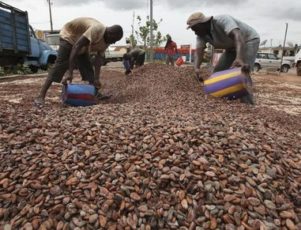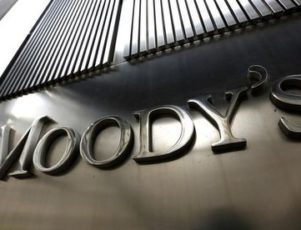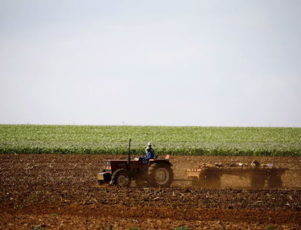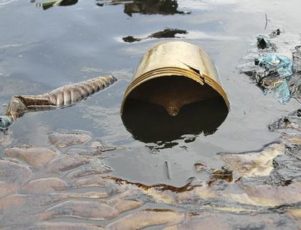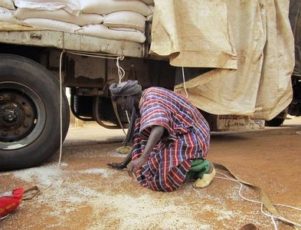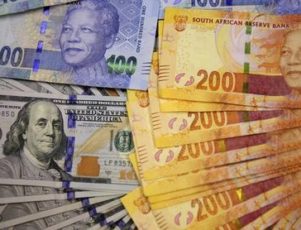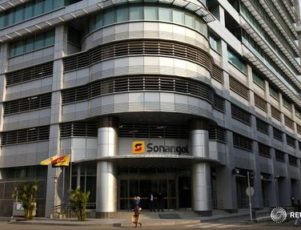SINGAPORE (Reuters) – Brent crude prices fell to levels last seen in 2004 on Monday, dropping below the lows hit during the 2008 financial crisis on renewed worries over an oil glut.
Global production remains at or near record highs and new supply looms from the Iran and the United States. Crude markets are also under pressure following last week’s U.S. interest rate hikes and on signs of growing U.S. stockpiles even as more drilling rigs are deployed.
Brent futures fell almost 2 percent and as low as $36.17 per barrel on Monday, the weakest since 2004 and below the $36.20 low reached on Christmas Eve 2008 before edging back to $36.42 at 0620 GMT. Prices are still down 46 cents from their last settlement.
U.S. West Texas Intermediate (WTI) futures were down 24 cents at $34.49 per barrel and close to last Friday’s 2015 lows.
Both benchmarks have fallen more than two-thirds since mid-2014 when the rout began.
An unexpected gain in the U.S. oil rig count – by 17 to 541 – and the strength in the U.S. dollar following last week’s interest rate hike, which makes oil more expensive for countries using different currencies, all weighed on crude prices, said analysts.
“The increase in rig count even in a low crude oil price environment suggests shale producers are committed to maintaining production levels. The resilient production data reflect rising U.S. crude stockpiles, which have surged to 491 million barrels, the most for this time of year since 1930,” ANZ bank said.
The U.S. glut adds to global oversupply as the main producers, including Russia and the Organization of the Petroleum Exporting Countries (OPEC), pump hundreds of thousands of barrels of crude every day in excess of demand.
Russian production has surpassed 10 million barrels per day (bpd), the highest since the collapse of the Soviet Union, while OPEC output also remains near record levels above 31.5 million bpd. OPEC leader Saudi Arabia upped production from 10.226 to 10.276 million bpd between September and October.
Iraq’s oil minister Adel Abdul Mahdi told Reuters over the weekend that OPEC would stick to its Dec. 4 decision to not limit production despite the drop in prices.
“OPEC can’t take a unilateral decision, for example, to cut production and others … raise production,” he said.
More oil becoming available soon will add to the glut, with Iran hoping to ramp up sales in early 2016 once sanctions against Tehran are lifted.
Iran will export most of its enriched uranium to Russia in coming days as it rushes to implement a nuclear deal and secure relief from international sanctions, Tehran’s nuclear chief was quoted as saying over the weekend.
This comes only days after the U.S. voted to lift a 40-year-old ban on crude exports which could see some production released on the global market.
(By Henning Gloystein. Editing by Christian Schmollinger)

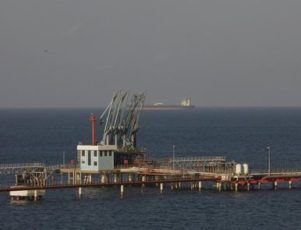
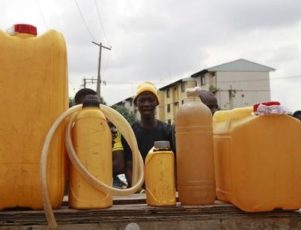
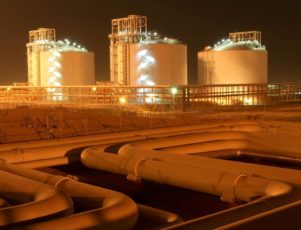
 Progress on JCPOA nuclear deal
Progress on JCPOA nuclear deal